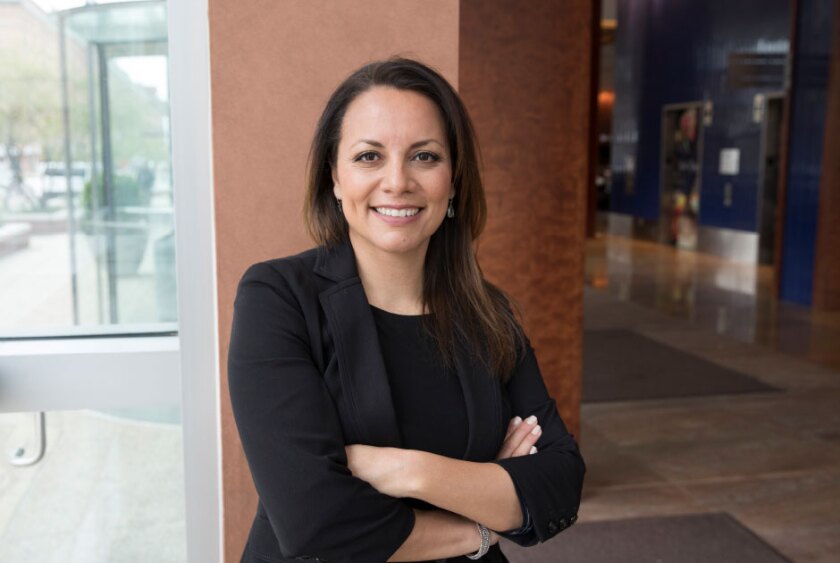
At the National Association of State Chief Information Officers (NASCIO) Mid-year conference in April, GT checked in on where state IT leaders from across the country are on emerging technology. Is blockchain still the hot topic? Where are states on their artificial intelligence efforts? Here's what they had to say. (Photos by David Kidd.)
Editor's note: Responses have been edited for length and clarity.
[slideshow-break]

Ed Toner, CIO, Nebraska
“There are some technologies out there in the security areas that are really maturing. Of course, everyone’s got multifactor authentication and things like that, but I am really looking at smart multifactor authentication. In other words, if I have admin rights, we have tools that actually watch those folks and look at their patterns, and if they log in at an unusual IP address or at an unusual time, we identify that and it gets flagged. I want the same type of thing where it doesn’t stop them from logging in, but it challenges them if anything is unusual in their behavior, and that’s for anyone. So I think the next technology is tools that protect your environment but don’t get in the way of you doing your job.”[slideshow-break]

Stephanie Dedmon, Deputy CIO, Tennessee
“For us, it’s around artificial intelligence and looking for opportunities to leverage what can be done there. We are beginning to work with our Medicaid agency in the area of Medicaid eligibility to determine if there are tools and techniques we can use. We really feel the sky is probably the limit, but we have to start slow, start small with something that makes sense. We’re really beginning to do early research and understand what’s on the market and what the opportunities might be.”[slideshow-break]

Dewand Neely, CIO, Indiana
“Realistically it’s still IoT. It’s not necessarily an emerging technology anymore, it’s becoming a reality. I think IoT in the form of the stoplights, light sensors and things like that, especially as we talk more about public safety and FirstNet, those all mold together into the IoT space, so there will be a big shift in how we can better use IoT to increase public safety. That’s more of a play everyone can get behind and support, and I think that’s where we’ll see the next movement for states.”[slideshow-break]

Darryl Ackley, CIO, New Mexico
“We have some limited evaluation of blockchain. There is some interest in election systems nationwide on that front, but there is a lot of opportunity there for us to move toward a blockchain ledger in some sense, when we talk about managing constituent engagement and the various transaction systems we have. That could be a way to break down some of the barriers between the various ways we’ve done transactional systems, things like that."The other big one is digital convergence from a public safety communications perspective. As we get to next-generation 911, we start talking about voice and video and data at the 911 call centers and that convergence. It’s Star Trek, right? They had voice communication and data that could look up anything. There’s a long way to go for that, but convergence is on the way.”
[slideshow-break]

Yessica Jones, CIO, Arkansas
“For me, there is still a lot to learn from blockchain. In my opinion, it still needs to mature. Especially on the government side, I’ve still yet to see a good, solid business case for it. I think for where its applicable, it will be great. As far as emerging technologies, for us it will be how to bring AI and machine learning and how can we incorporate that into some of our processes.”[slideshow-break]

Michael Dietrich, CIO, Nevada
“I think of AIs and AIs that are able to adopt human emotions and have a conversation with you where you don’t know you are talking with an AI. That’s all really cool stuff, but at the state level, the government level, we have to look at what is the practical, the meaningful application for these emerging technologies. For instance, if an artificial intelligence is able to learn and make decisions and have those capabilities, it would be a great thing for cybersecurity for an AI to actually be looking at patterns in the network, looking at traffic and be able to make human-like decisions of, ‘Oh, this is something malicious.’”[slideshow-break]







